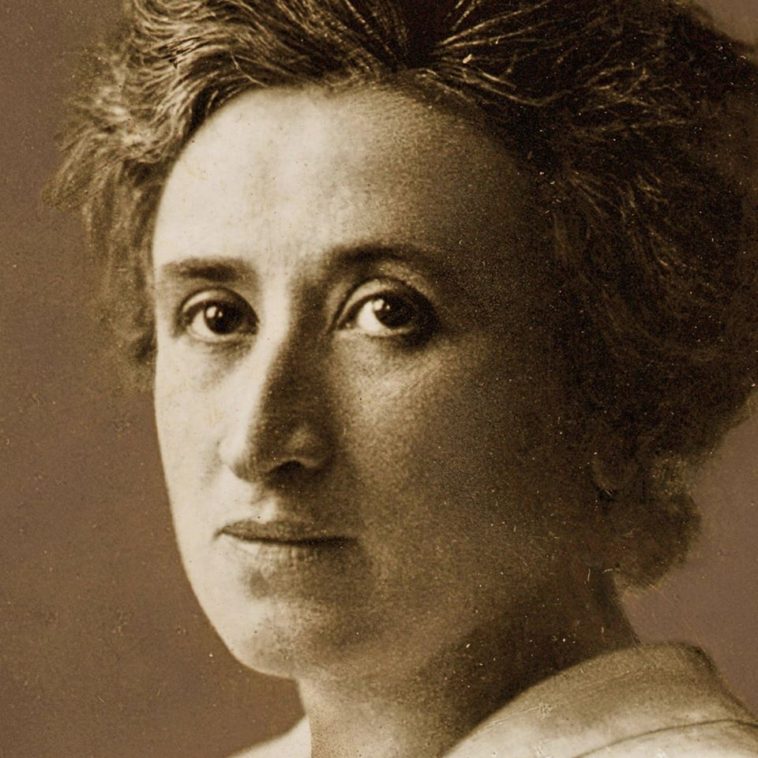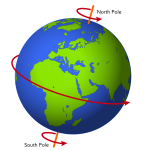I spent a good chunk of my life, when I was in my late teens and early to mid-20s, providing voluntary unpaid labour to a political movement, later party working to take power in Uganda. My political consciousness at the time took Uganda for granted. I hadn’t yet woken up to the deeply violent nature of the colonial construct that is Uganda.
In fact, in 2011, Gene Sharp’s From Dictatorship to Democracy made sense, to my political self. Having studied Constitutional Law, Human Rights, etc. and little to no Marx, Lenin, and other revolutionary thinkers at that point, what words like “freedom”, “revolution”, “liberation” etc meant to me was different from what they mean to me, now.
Indeed, at that point, we would reference countries with liberal democratic systems as free. We saw our goal in politically organising, as to attain that “freedom”, the revolution and liberation as the attainment of liberal democracy.
I grew up. I have said to some people that May 12, 2011 was the day my eyes opened to a fundamental problem with a “struggle” for liberal democracy. It was also the day I experienced the power of a mostly spontaneous mass of disgruntled people. I am grateful that none of the bullets that were flying that day found home in my body. Some other protesters weren’t as lucky. May their blood water the soils of a genuine revolution. I didn’t survive kibokos though. We were beaten. We were. But we were not led.
Since then, I dug beyond the surface of this liberation, revolution, and freedom to which I had given part of my life. Slowly, I continue realising that even if the liberal democracy we were struggling to attain became a reality in Uganda, that wouldn’t be liberation, nor revolution.
Those familiar with my recent posts know about my insistence on abolishing Uganda. I have been asked to say how I would love to see this abolition happen. Of course, I don’t think some supernatural power will do it. It will be done through struggle. The struggle isn’t new. The tradition goes back to the end of the nineteenth century. Masses of people opposed Lugard’s creation of Uganda.
Those of my readers who like to describe Stella Nyanzi’s activism as radical rudeness, following Carol Summers’ frame for understanding Semakula Mulumba’s 1940s activism, I wish you came to the realization that Mulumba and the Bataka are part of the tradition of abolitionist activism. They were agitating and organizing for the abolition of Uganda. They were struggling for the independence of Buganda, and the reinstatement of the native Ganda governance structure which Lugard and other imperialist agents, including native ones had defeated. I have rhetorically asked before, what the radical in radical rudeness, stands for when this phrase emerges in conversation.
In this moment, I understand radicalism as the imagination of and struggle for a new society, different from the status quo. I understand political struggle to mean that we want to transform society. I don’t see liberal democracy as transforming society. So when someone says they’re fighting dictatorship, I don’t rush to say, you’re a comrade. I ask about their vision of the new society they want to build. How they want to transform society. You can call this theory, or ideology, I don’t know if it can be called ndayology too.
I am definitely interested in a unity around the transformation of society. Fighting Museveni’s dictatorship ofcourse is a necessary step towards this transformation but is not the transformation. Mugabe was removed and even died soon after, did that transform Zimbabwe? Jammeh was removed. Is The Gambia a new society? Would you even say they have attained liberal democracy?
There’s nothing new in the world, they say, if one knows history. Of course, there’s also seeing a little history and then running with it, distorting the story. I am sure I have learnt ka little and to many who have learnt a lot more than I, my interpretations are distortions. But we keep learning, don’t we? So I am reading/learning about the tension between reform and revolution, particularly looking for the pitfalls of electoralism on the Left. I like these words by Rosa Luxemburg:
“People who pronounce themselves in favor of the method of legislative reform in place of and in contradistinction to the conquest of political power and social revolution, do not really choose a more tranquil, calmer and slower road to the same goal, but a different goal. Instead of taking a stand for the establishment of a new society they take a stand for surface modification of the old society.”
Are we able and willing to look beyond the first step in transforming society, i.e. fighting Museveni’s dictatorship, so that our strategies are guided by a shared vision or we shall cross that bridge when we reach it? In which case, I want to break the news, that there is no bridge, you’ll reach the river and if you haven’t thought that far during the struggle period, the river may swallow everyone involved. That is how Museveni misled so many people who have now been telling us about the grand betrayal. You must know what we are fighting for, beyond removing the dictator. Or else prepare for another grand betrayal, like that of Museveni and his former loyalists.
Ndayology matters. It is all, that matters. Where are the abolitionists? Let’s keep moving.
This post was created with our nice and easy submission form. Create your post!





